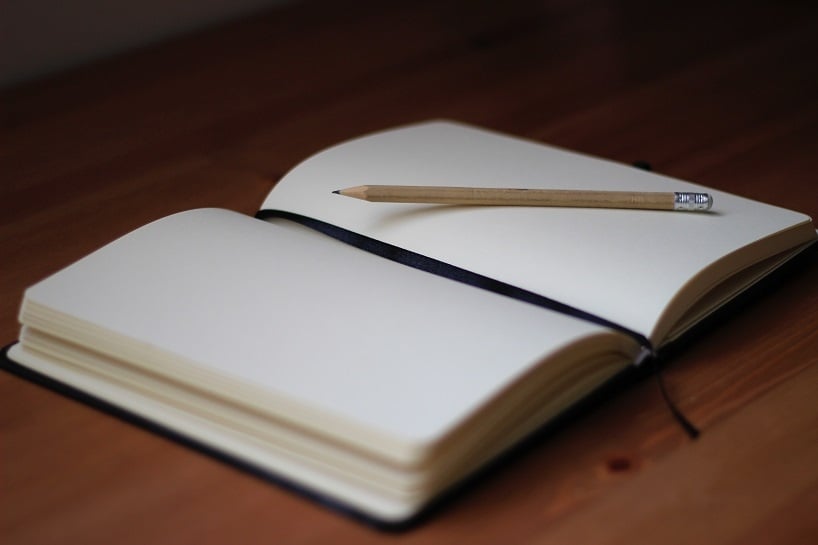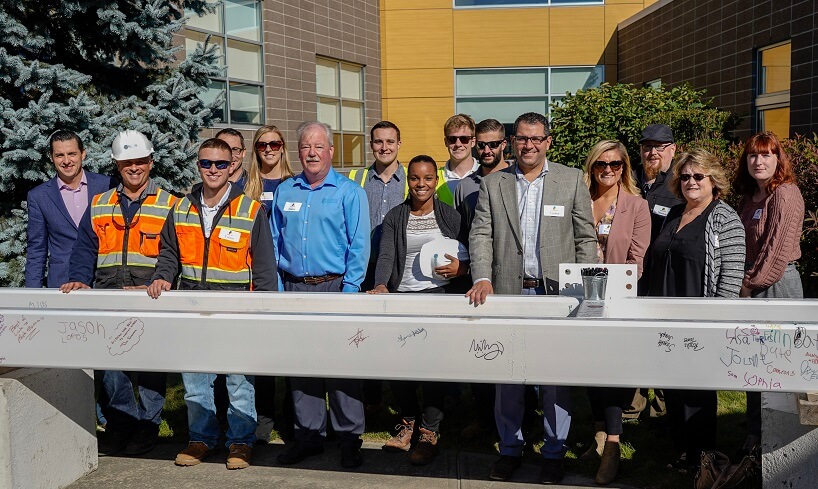
How often do we take the time to be introspective?
A useful definition of introspection is self-contemplation; self-examination; the contemplation of one’s own conduct, thoughts, desires, emotions. How often do we take the time to be introspective? For some of us, not very often. We only look in the mirror when we have no other choice. We would rather look elsewhere to find the cause of our stress, our discomfort, our problems. It is a lot easier to blame circumstances or someone else than to examine our own role or contribution and accept responsibility for our actions. In my recent post on Leadership, I failed to mention introspection as one of the qualities of a great leader. Over the years, my consistent practice of introspection has become habit. Here's why you should begin exercising your introspection muscle in life.
-
Self-examination can be painful because being brutally honest requires us to acknowledge our faults, weakness, failures and shortcomings.
-
Examining our own conduct and accepting responsibility for the consequences allows us to move on from mistakes and chart new courses in our relationships. It helps us navigate.
-
Introspection is a gift in that it gives us complete freedom to determine our own future and our own success because we can choose to operate in our areas of strength while acknowledging our weaknesses and managing them.
-
Introspection without application of self-knowledge to bring about positive personal change is a wasted opportunity.
-
Self-contemplation should become a regular activity – a habit. It requires quiet time with no distractions. It takes practice.
-
Good leaders are regularly introspective about their leadership role and focus on how they can make a positive difference within their organizations. They ask “what I need to do more of; do less of; start doing; stop doing.”
-
Writing to record thoughts and insights and to set goals during regular introspection will help drive positive change. Regular review of those notes and following up will give positive feedback and reinforcement of our efforts.
-
Regular introspection should also include reflecting on our successes. This promotes self-fulfillment, inner peace and positive energy.
Regular contemplation is an essential part of our happy, fulfilled, lifelong journey. It is our compass, our rudder and wind in our sails.
What practices do you use to self-reflect and understand your areas of growth? I welcome your tips and comments below to add to the discussion.




